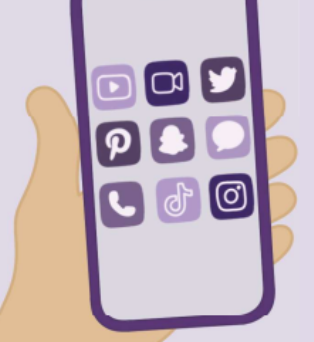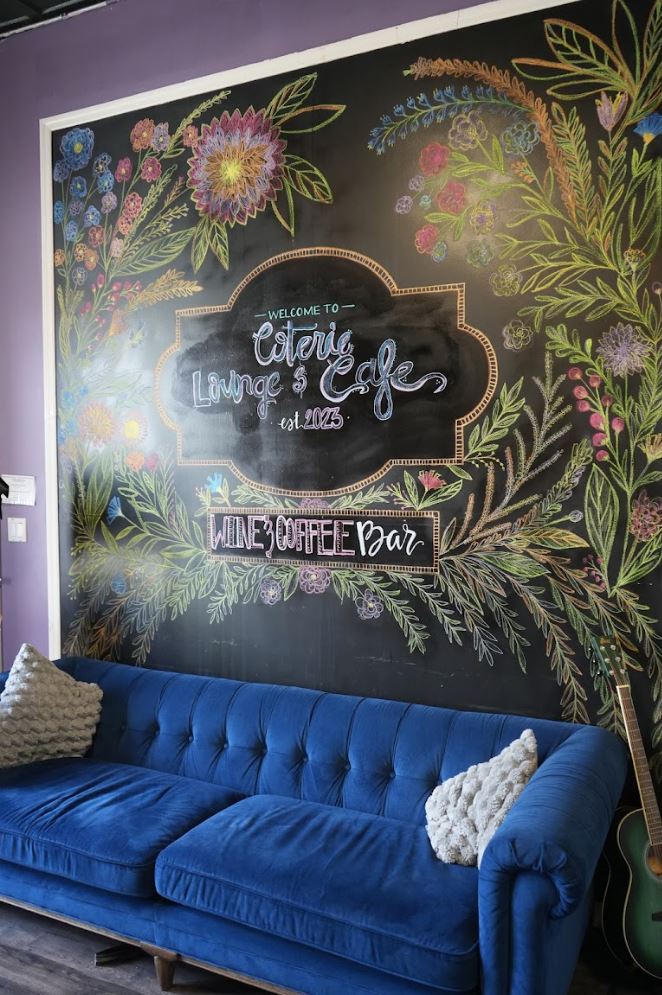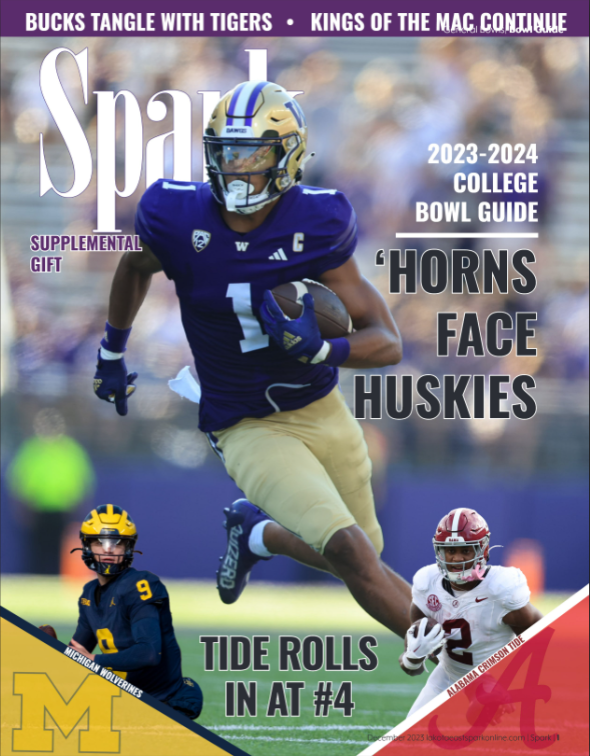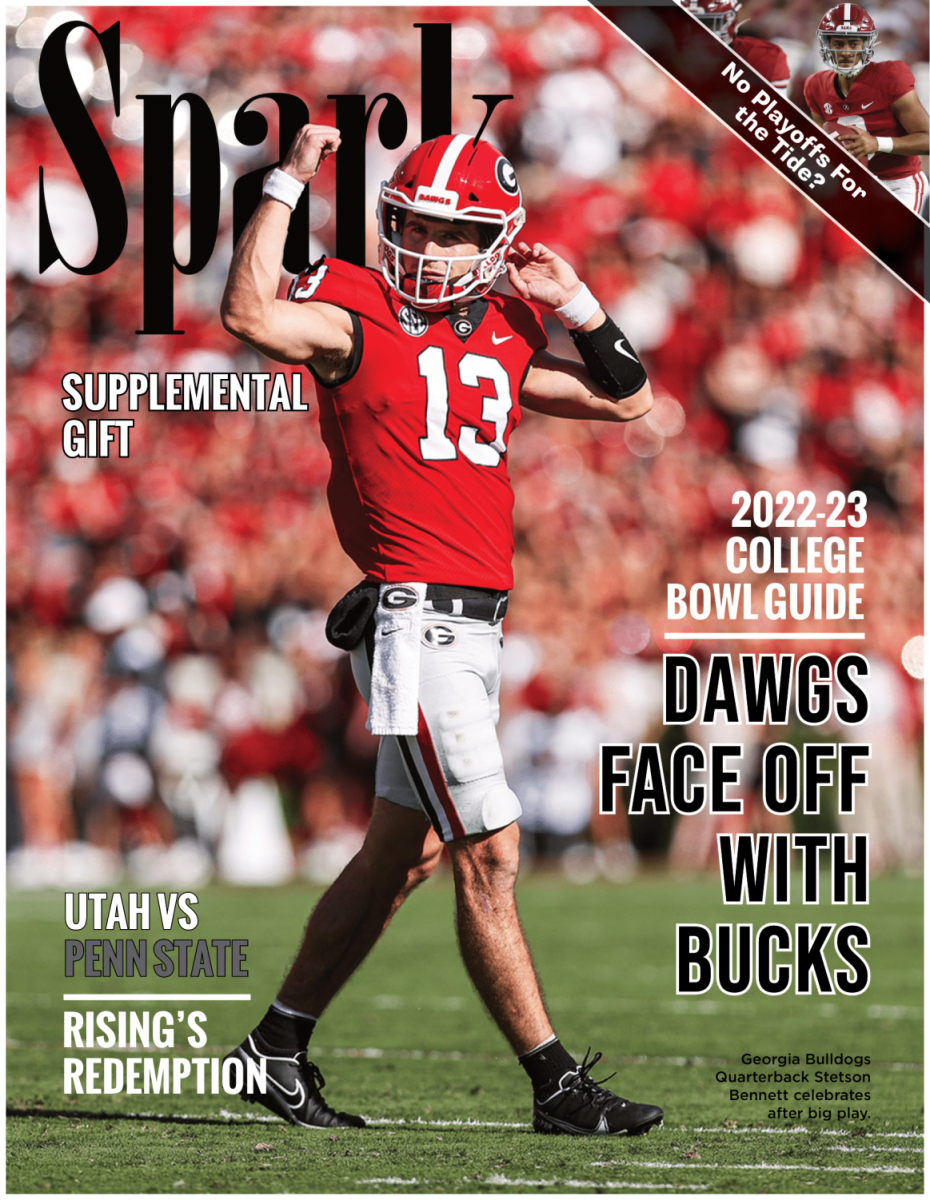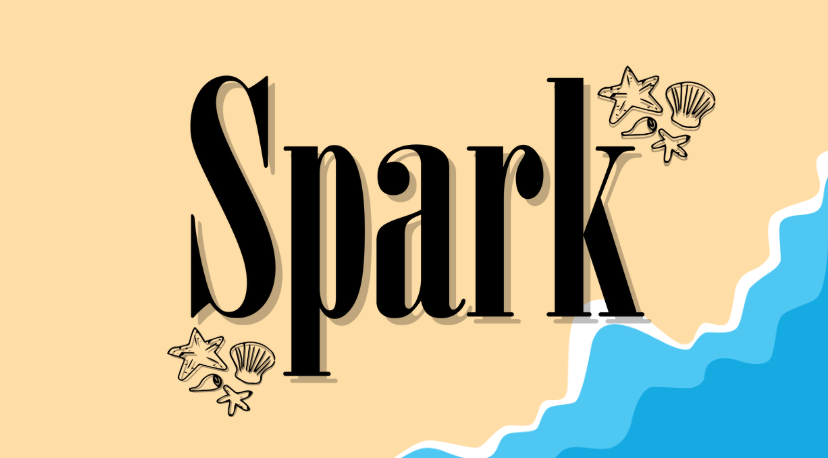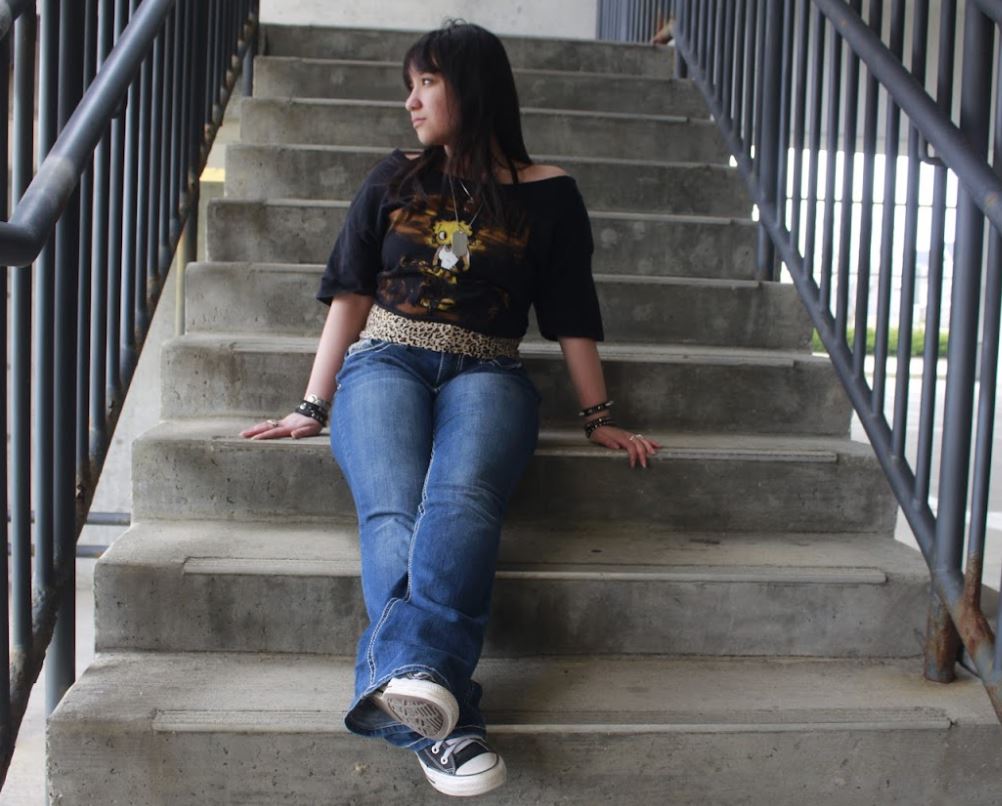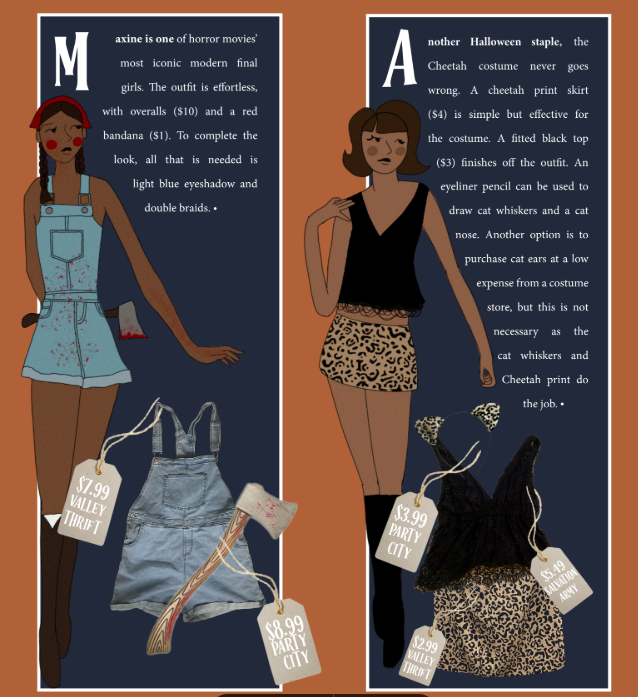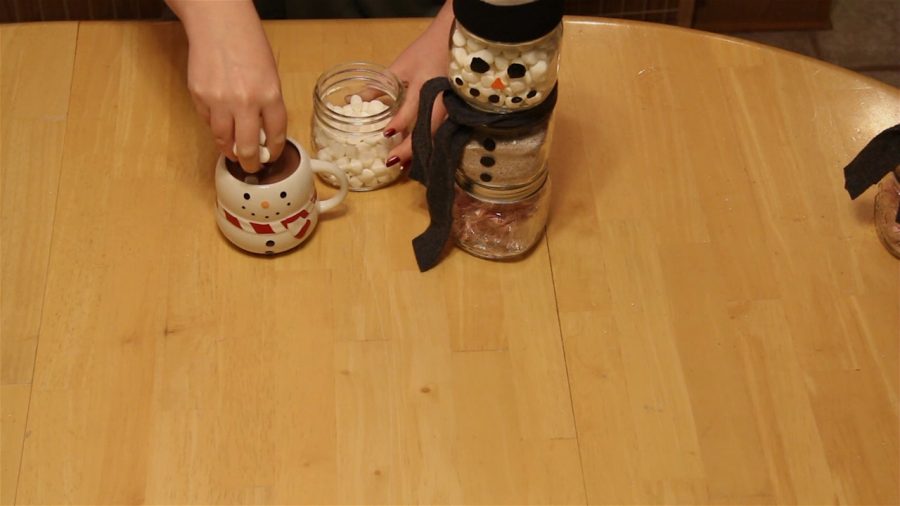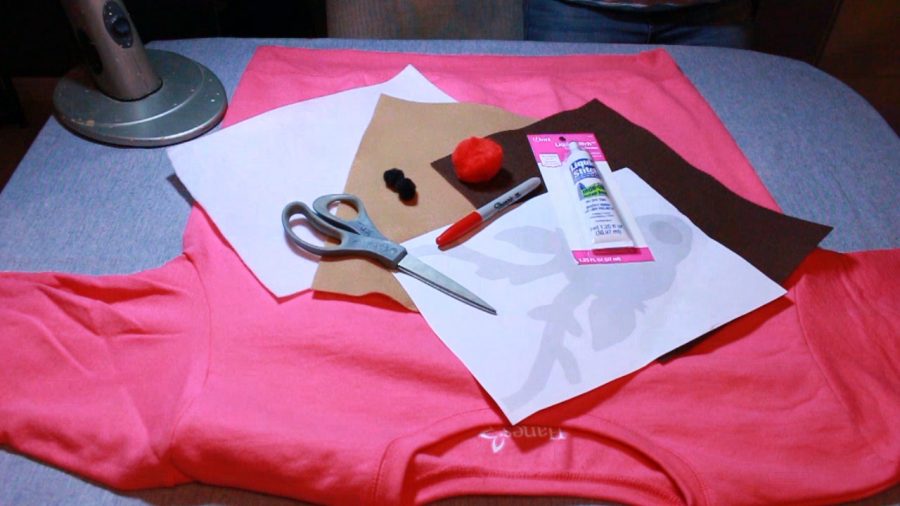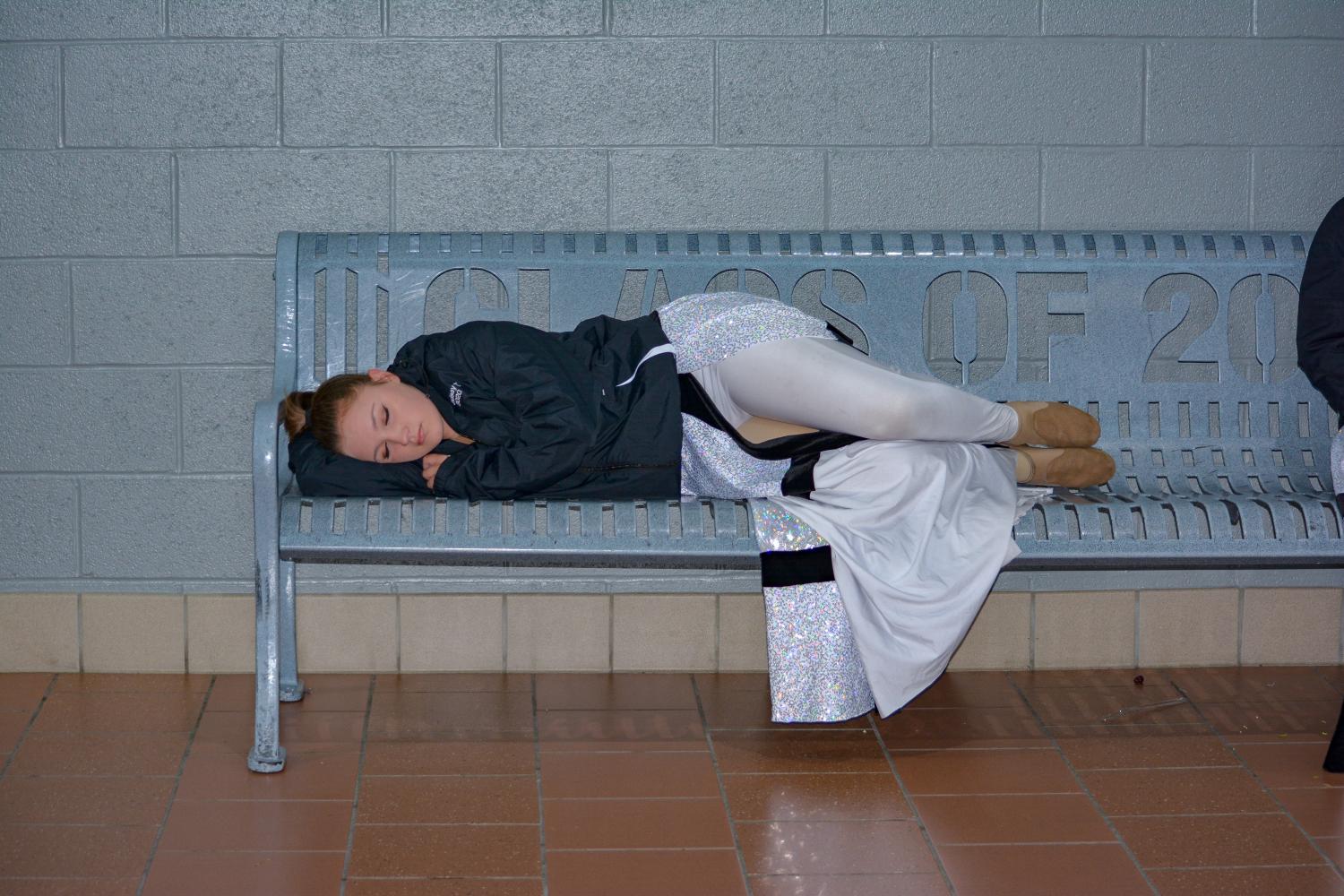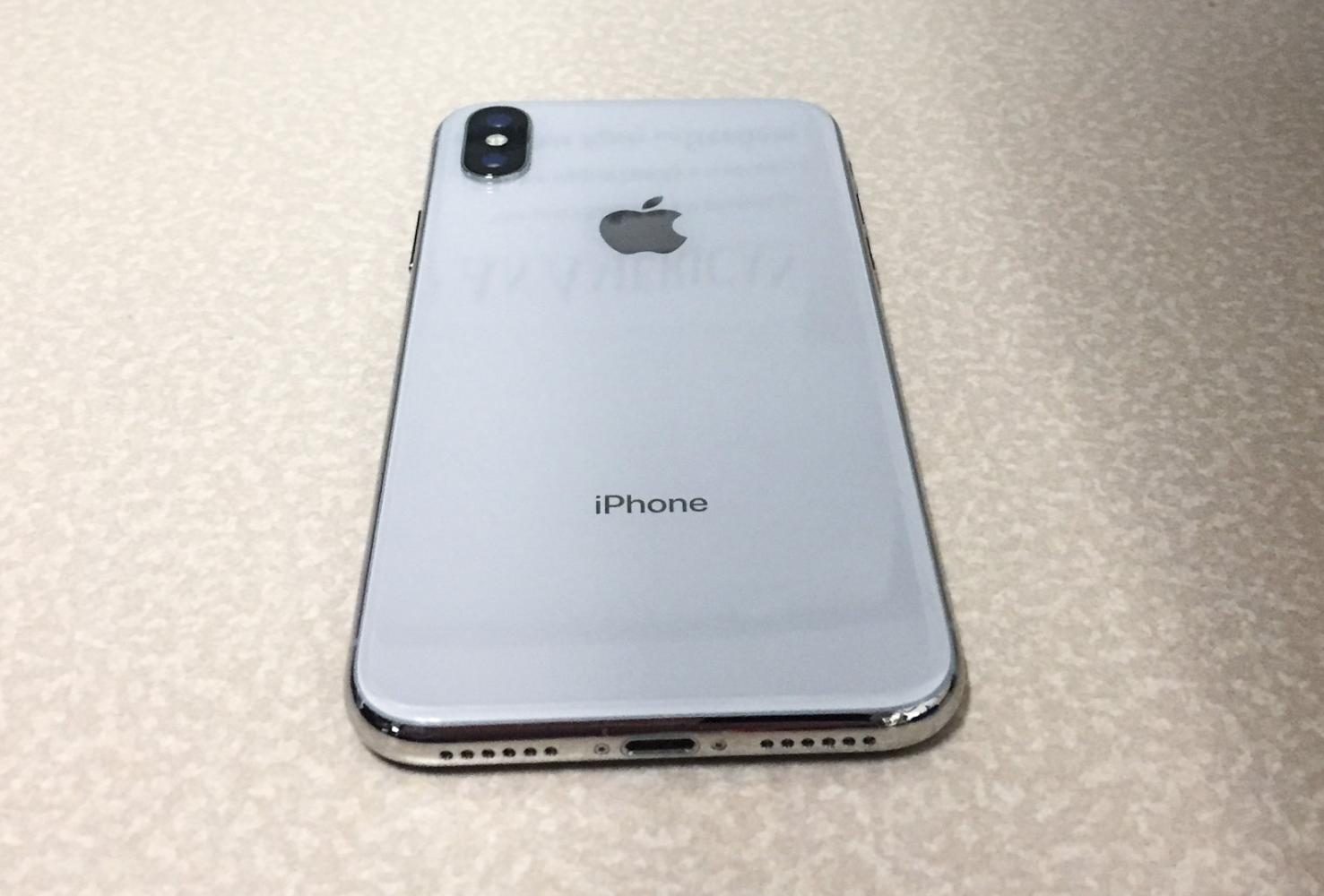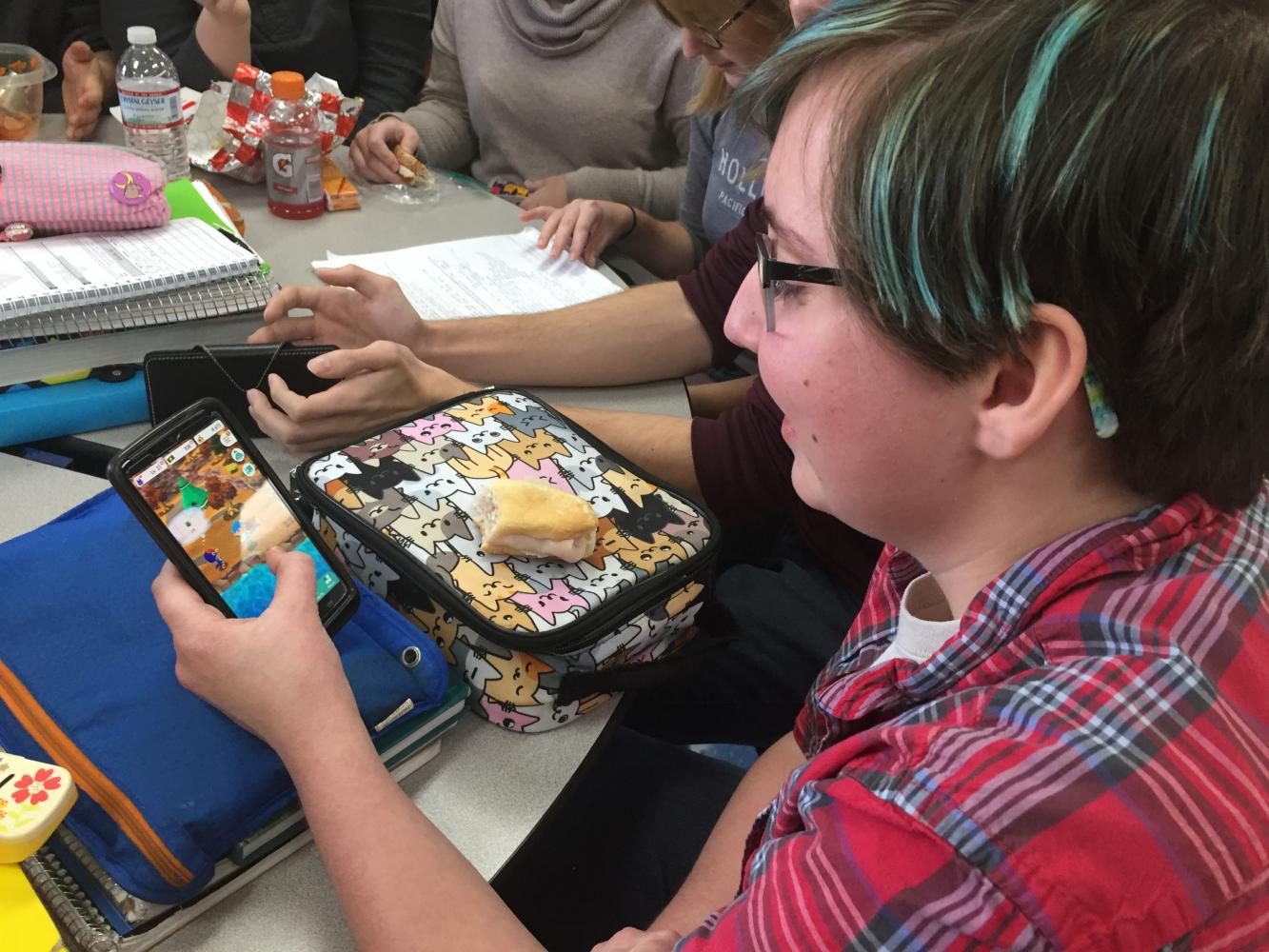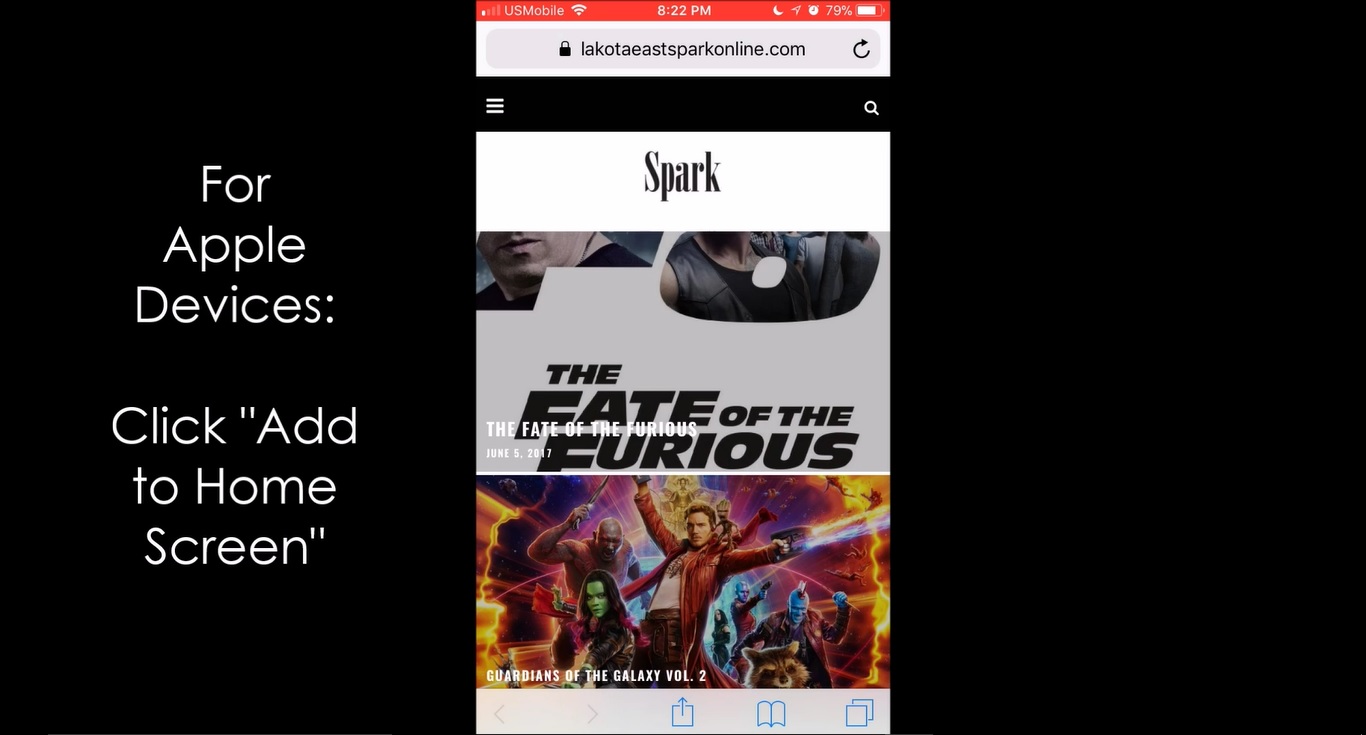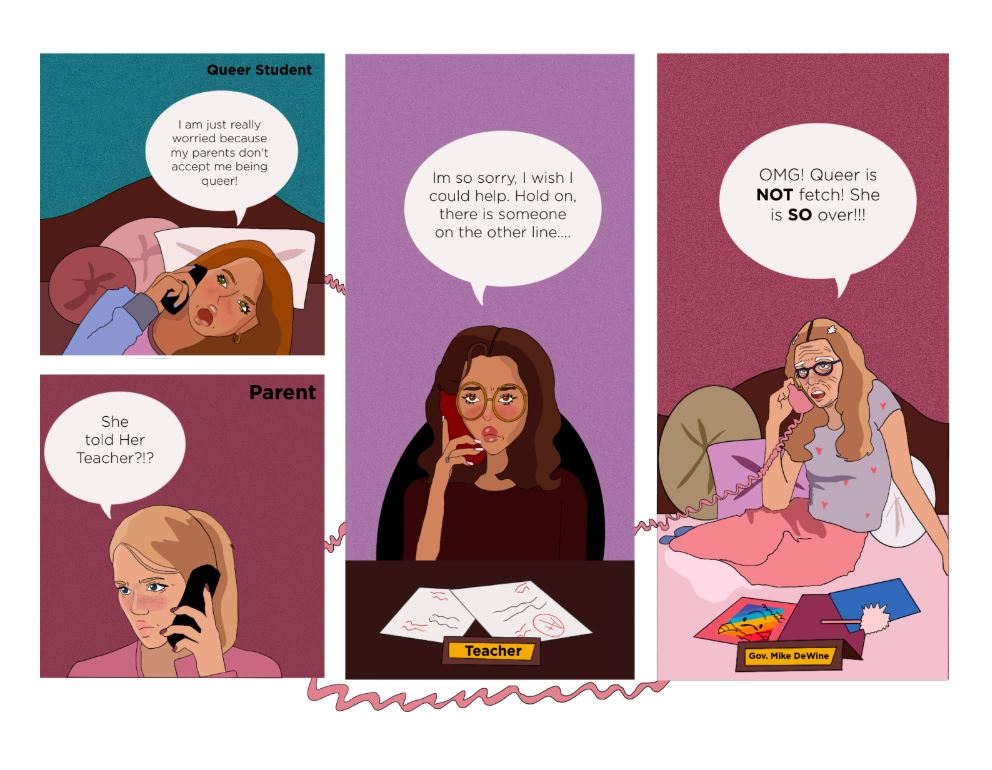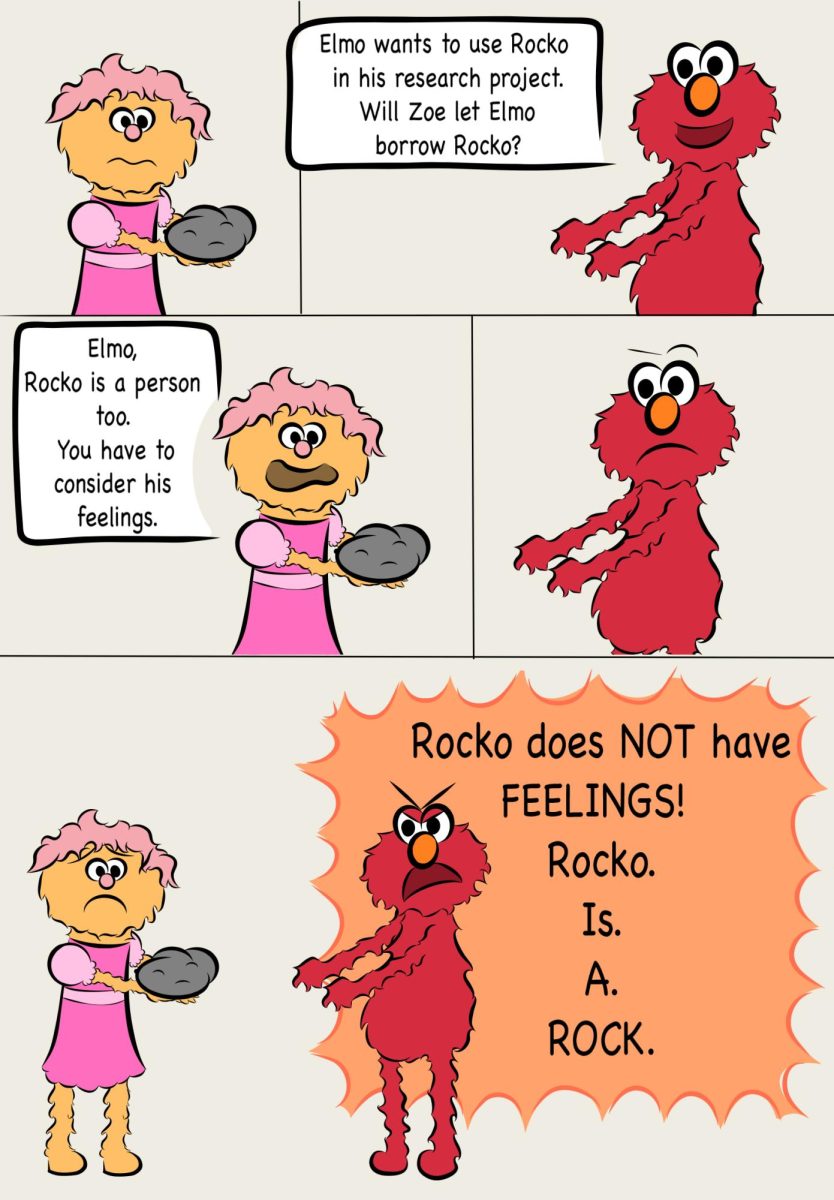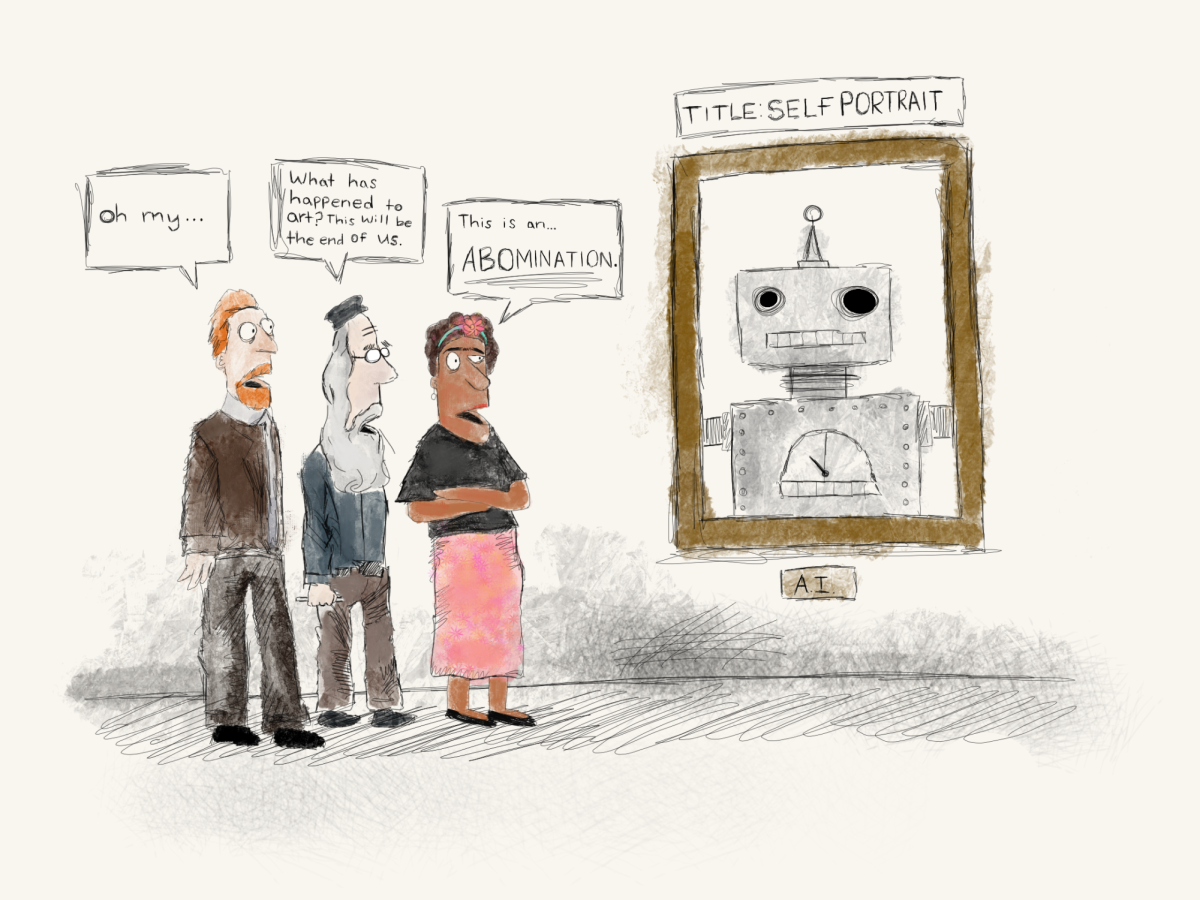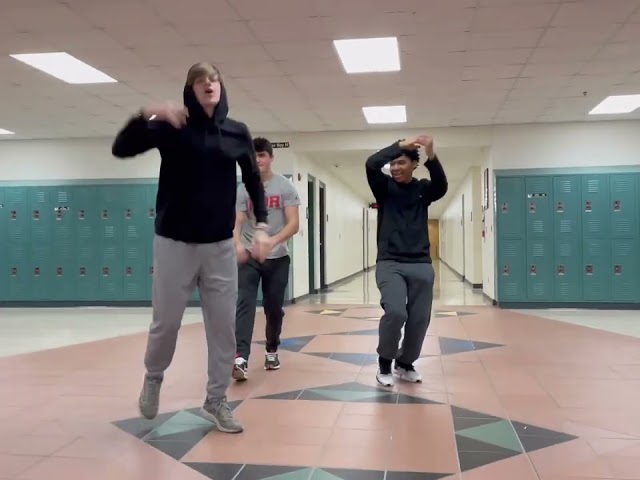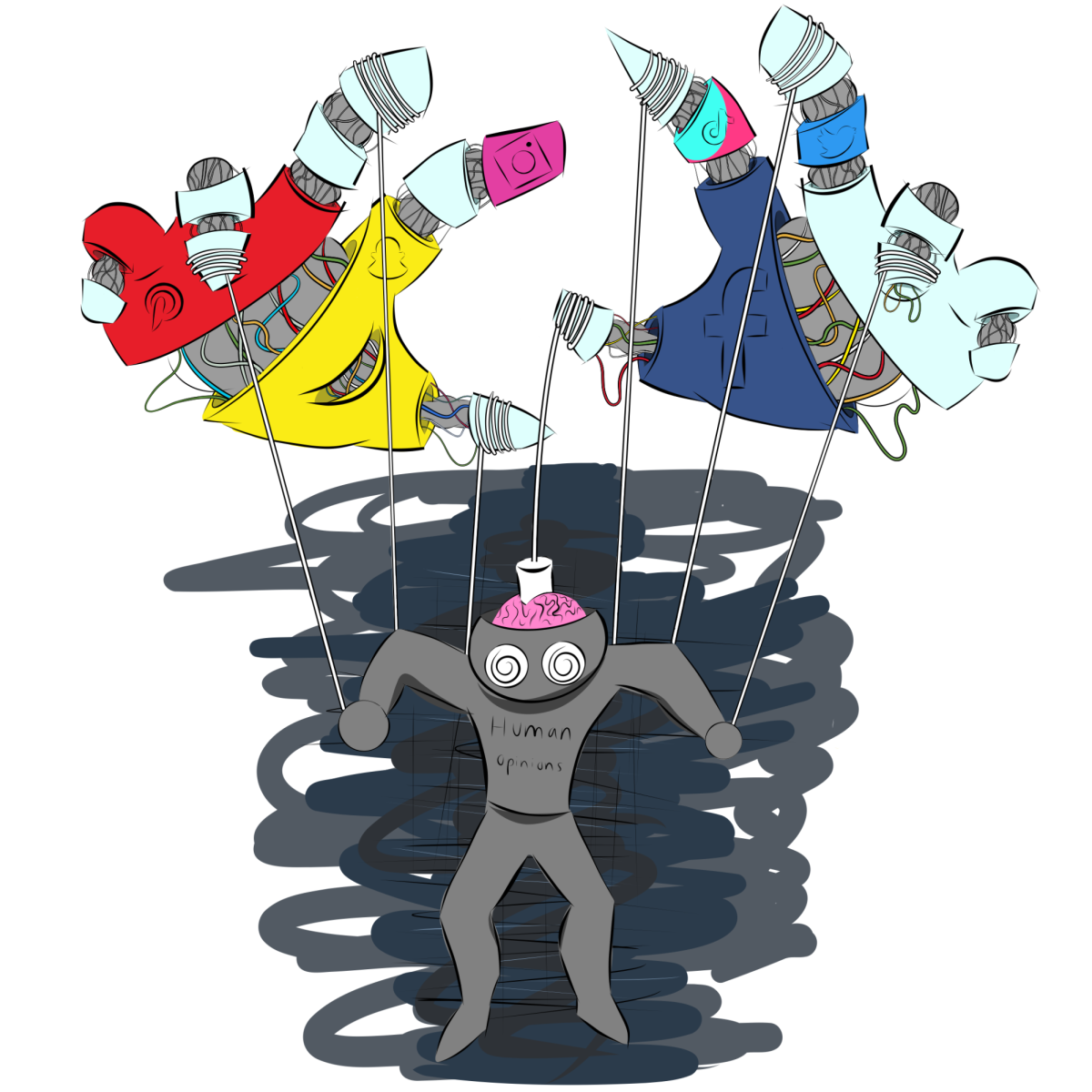I walked into my local record store on Record Store Day (RSD), to purchase myself a limited edition 10 year anniversary copy of Freddie Gibbs and Madlib’s album, “Piñata.” To my surprise I did not see the walls lined with all the limited edition records and first ever pressings that had just come out for RSD, instead the walls were completely covered with the black and white cover of Taylor Swift’s brand new release, “The Tortured Poets Department” (TTPD).
RSD was founded with the intent of boosting sales of independent record stores, and it has done exactly that. RSD 2024 led to the biggest week for vinyl sales in 30 years, according to the Official Charts Number. But this number may be deceiving.
Taylor Swift released TTPD on April 19, 2024, just one day before RSD was set to take place. The release featured six different vinyl variants with different colored vinyl and bonus tracks, five of which would end up in independent record stores. Taylor Swift took advantage of a day meant to celebrate independent record stores and a wide variety of music by flooding stores with her album.
NME reports that TTPD made up 24.7% of the week’s sales. Nearly one out of every four albums sold that week went to Taylor Swift, so needless to say her album went number one on the billboard charts. Swift was able to inflate her numbers by taking valuable shelf space from less popular and far more interesting artists.
This would be far from the last time Swift would use the multiple versions exploit to boost her numbers.
It all started when Billie Eilish released her third studio album, “Hit Me Hard and Soft,” on May 17. Fresh off her Grammy winning single from the “Barbie” soundtrack, “What Was I Made For,” Eilish was more than ready to challenge Swift for the number one spot. It looked like Eilish had a good shot at the spot, but suddenly on May 23, Swift released three new versions of TTPD, each with a different bonus track tacked on the end.
Ultimately, Swift beat out Eilish by less than 40,000 sales, according to Billboard, a small amount for artists of their size.
Swift continued to do this for every major release that had a chance at challenging her dominance.
Charli XCX’S “BRAT,” which pushed the boundaries of modern pop music, was blocked by more versions of Swift’s album. As was Chappell Roan’s “Rise and Fall of a Midwest Princess,” an album harkening back to the synthpop sound of the 80s by one of the biggest up and comers in pop right now. Both artists made far more interesting and captivating albums than Swift, but due to the power Swift has over the industry, they couldn’t out sell her.
As of today Swift has released over 40 versions of TTPD across digital versions, vinyl copies, exclusive CDs, and colored cassettes. Oftentimes these digital versions have a limited edition element to them where they are only available for 24 hours. This creates an illusion of scarcity, which pressures fans to buy it.
Now there is no problem with Swift making as much money as she can, but when capitalism comes before the art and it stifles other artists, there is a major problem. At some point constantly releasing exclusive and collectible versions goes from being about creating a good experience for the listener to deepening the pockets of a billionaire.
Before the whole TTPD fiasco, Swift released her album “Midnights.” Similarly to her latest album, she released four different colored vinyl records each with a different part of a 12 hour clock on the back cover. The big marketing push was encouraging listeners to buy four separate copies of the album on vinyl so they could put together the pieces of this clock. In total this would cost her fans $120.
Beyond this, she released an actual mechanism to turn the four records into a functioning clock. These Taylor Swift branded clock arms will run you $49. So in total to make this clock, fans would have to spend $169.
Swift has spent her entire career cultivating a personal relationship with her fans. She has used the blind idolization of herself to take money directly out of the pockets of her fans.



